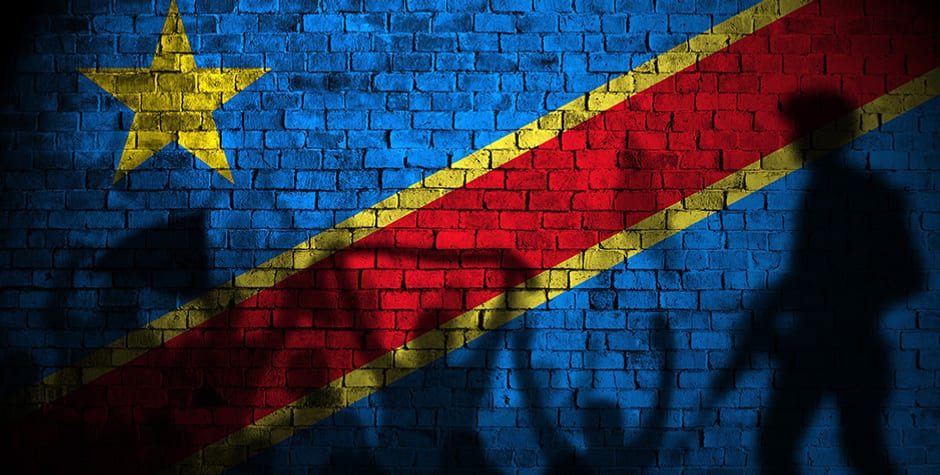Demanding Accountability for the Massacre of 70 Christians in the Democratic Republic of the Congo
Listen tothis article
The Democratic Republic of the Congo (DRC) has once again become the site of unspeakable violence, with Christian communities being targeted by terrorists and militant forces. On February 15, over 70 Christians – primarily women, children, and the elderly – were added to the list of victims when they were abducted from their homes, taken to a church, and then brutally murdered by their abductors who wielded hammers and machetes.
The Conflict in Eastern DRC
Eastern DRC has long suffered from instability, with various armed groups vying for power and control over the region. The M23 rebel group, backed by Rwanda, launched a major offensive in early January 2025, seizing key cities like Goma and Bukavu. The conflict has led to the deaths of 7,000 Congolese people and the displacement of over 500,000 civilians.
As is often the case, terrorist groups, such as the Islamist militant Allied Democratic Forces (“ADF”), have exploited the situation to target vulnerable populations, particularly Christians. The ADF, a former Ugandan rebel faction recognized as a terrorist organization by both the U.S. and the U.N., is responsible for numerous attacks, including the recent beheadings.
A Call for Justice and International Action
This massacre is not an isolated event. For example, in June 2024, the ADF carried out another mass killing, slaughtering 150 Congolese civilians, many of whom were Christians. Religious persecution in the DRC and other parts of Africa, such as Nigeria, has reached alarming levels, prompting global leaders, including Pope Francis, to condemn these atrocities.
In response to the crisis, a humanitarian appeal was launched seeking $2.54 billion to aid 11 million affected people. However, financial aid alone is not enough. Justice must be served, and the perpetrators must be held accountable under international law for their crimes against humanity.
The ECLJ’s Response and the Role of the International Community
The European Centre for Law and Justice (ECLJ), the ACLJ’s European affiliate, has taken a firm stance by addressing an official letter to the U.N. Human Rights Office of the High Commissioner, urging that office to:
- Demand that the DRC government prosecute those responsible for the massacre and strengthen its protection of Christian communities.
- Pressure Rwanda to cease its support for the M23 rebel group, which has exacerbated the region’s instability.
- Call on the U.N. to establish a dedicated body within the Human Rights Council to monitor and prevent religious persecution, particularly the ongoing massacres of Christians in Africa.
The ECLJ’s efforts are necessary to help bring global attention to the systematic persecution of Christians in the DRC. By formally engaging with international authorities, the ECLJ seeks to ensure that these crimes do not go unanswered and that necessary measures are taken to prevent further violence. Its advocacy is a crucial step toward holding both state and non-state actors accountable for their roles in enabling such atrocities.
The mass killing of 70 Christians is a grim reminder of the unchecked violence plaguing the DRC. Without decisive international action, these atrocities will continue, further deepening the humanitarian crisis. It is imperative that global leaders, human rights organizations, and the U.N. work together to bring justice to the victims and prevent future massacres.
The world cannot remain silent in the face of such horror. Now is the time to demand accountability, provide security for the persecuted, and uphold the fundamental right to religious freedom in the DRC and beyond.
